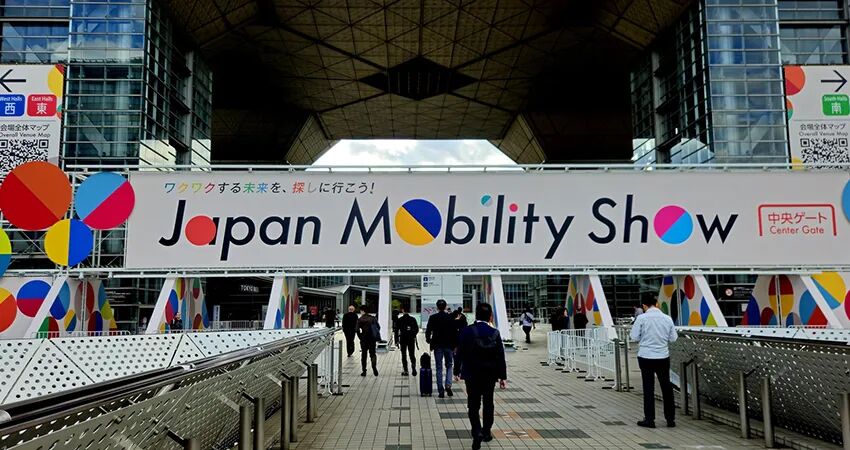电动化转型的挑战与机遇:东京车展上的日本车企
作为全球汽车行业最重要的展会之一,东京车展不仅是展示全球汽车技术创新的平台,也是各大车企展示未来战略的关键场所。10月29日开幕的东京车展,再次吸引了来自世界各地的汽车制造商,尤其是日本本土的三大车企——丰田、本田、日产,向公众展示了他们在电动化领域的最新进展。
尽管日本车企已经在混合动力技术上取得了先发优势,并且早期也进行了电动化尝试,但在全球电动化趋势的推进下,它们面临着更大的竞争压力。尤其是在中国市场,电动汽车的快速发展和技术进步,使得日本车企的转型进程显得稍显滞后。与此同时,中国品牌也逐渐渗透到日本市场,带来了创新的电动化产品和智能化技术。
东京车展上,丰田推出了全品牌的电动化产品,包括卡罗拉的替代车型和雷克萨斯的新型电动车,而本田则着重展示了适合城市出行的小型电动车。日产则继续推进其“Re:Nissan”战略,推出了搭载第三代e-POWER技术的新车型。这些新车展示了日系车企在电动化转型中不断发力的决心。
不过,日本车企的电动化进程仍面临一些挑战。尽管日本在电池技术和混动技术方面有一定优势,但电动车的普及仍受到成本、基础设施和消费者接受度等多方面因素的制约。与此同时,中国品牌在电动化和智能化方面的突破,使得它们成为全球电动化趋势中的重要竞争者。
丰田和日产等车企正在加速与中国科技企业的合作,以应对电动化的挑战。丰田与华为合作开发智能车载系统,本田与中国企业在自动驾驶技术方面展开合作。中国的技术创新和供应链优势,已经成为日本车企转型过程中不可忽视的力量。
As one of the most important auto shows in the world, the Tokyo Motor Show is not only a platform for showcasing global automotive technology innovations but also a key venue for automakers to present their future strategies. The Tokyo Motor Show, which opened on October 29, attracted automotive manufacturers from around the world, particularly Japan’s Big Three—Toyota, Honda, and Nissan—who presented their latest advancements in electrification.
While Japanese automakers have gained a first-mover advantage in hybrid technology and have made early attempts at electrification, they are now facing increased competition as the global trend towards electric vehicles accelerates. In particular, the rapid development of electric vehicles and technological advancements in the Chinese market have made Japan’s transformation appear somewhat delayed. At the same time, Chinese brands are gradually penetrating the Japanese market with innovative electric products and smart technologies.
At the Tokyo Motor Show, Toyota unveiled its full brand lineup of electric vehicles, including a replacement model for the Corolla and a new electric Lexus. Honda focused on small electric cars designed for urban mobility. Nissan continued its “Re:Nissan” strategy, launching new models equipped with the third-generation e-POWER technology. These new vehicles demonstrate the determination of Japanese automakers to push forward with their electrification efforts.
However, Japan’s electrification process still faces several challenges. While Japan has certain advantages in battery and hybrid technologies, the widespread adoption of electric vehicles is still hindered by factors such as cost, infrastructure, and consumer acceptance. At the same time, Chinese brands, with their breakthroughs in electrification and smart technologies, have become important competitors in the global push for electrification.
Toyota, Nissan, and other automakers are accelerating their collaboration with Chinese tech companies to address the challenges of electrification. Toyota has partnered with Huawei to develop smart in-car systems, while Honda is collaborating with Chinese companies on autonomous driving technology. China’s technological innovation and supply chain advantages have become an indispensable force in Japan’s electrification transformation.

